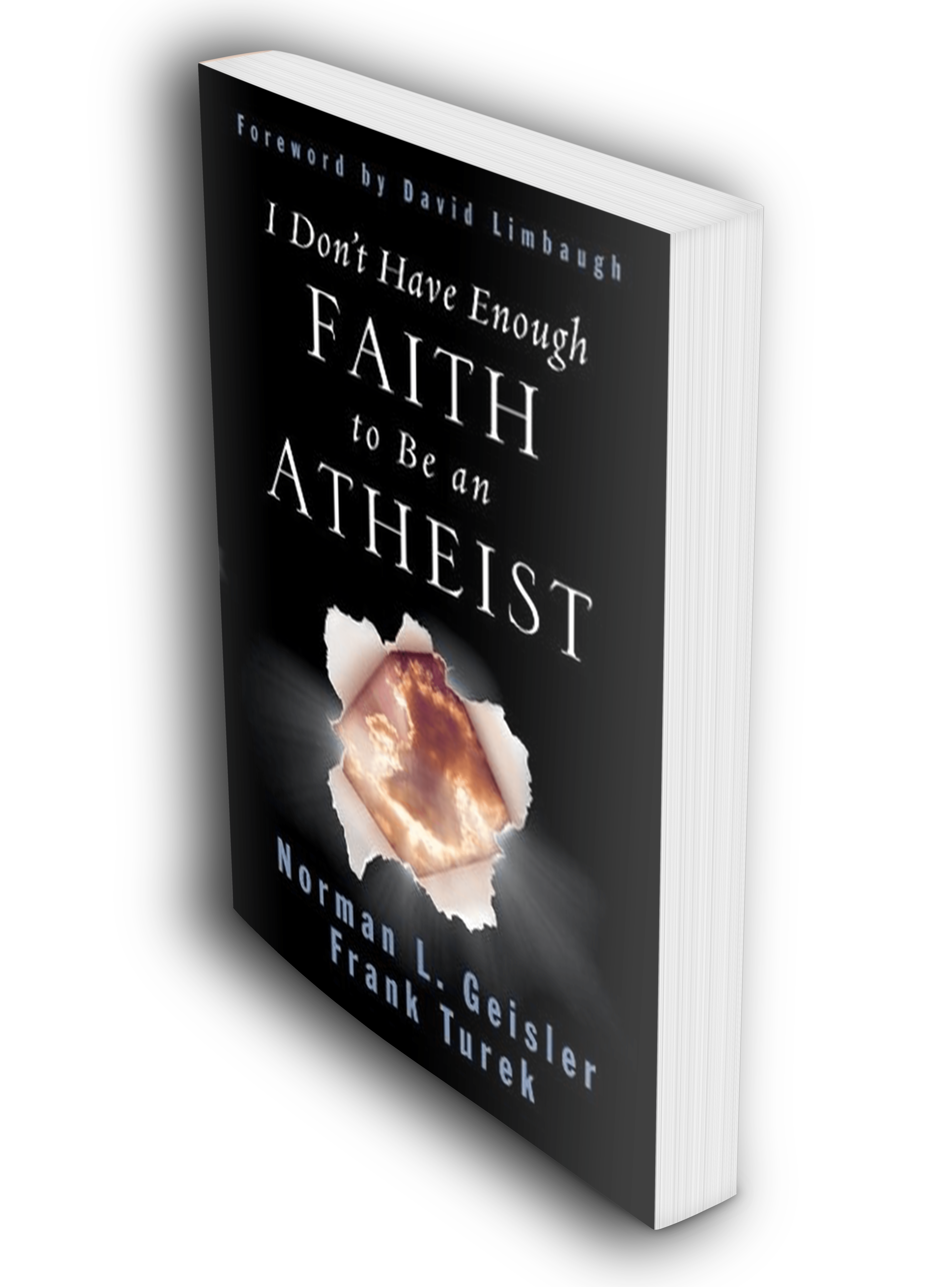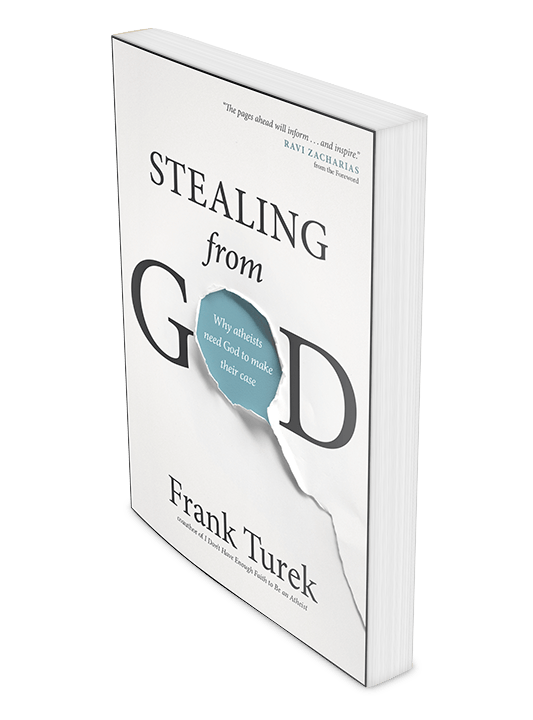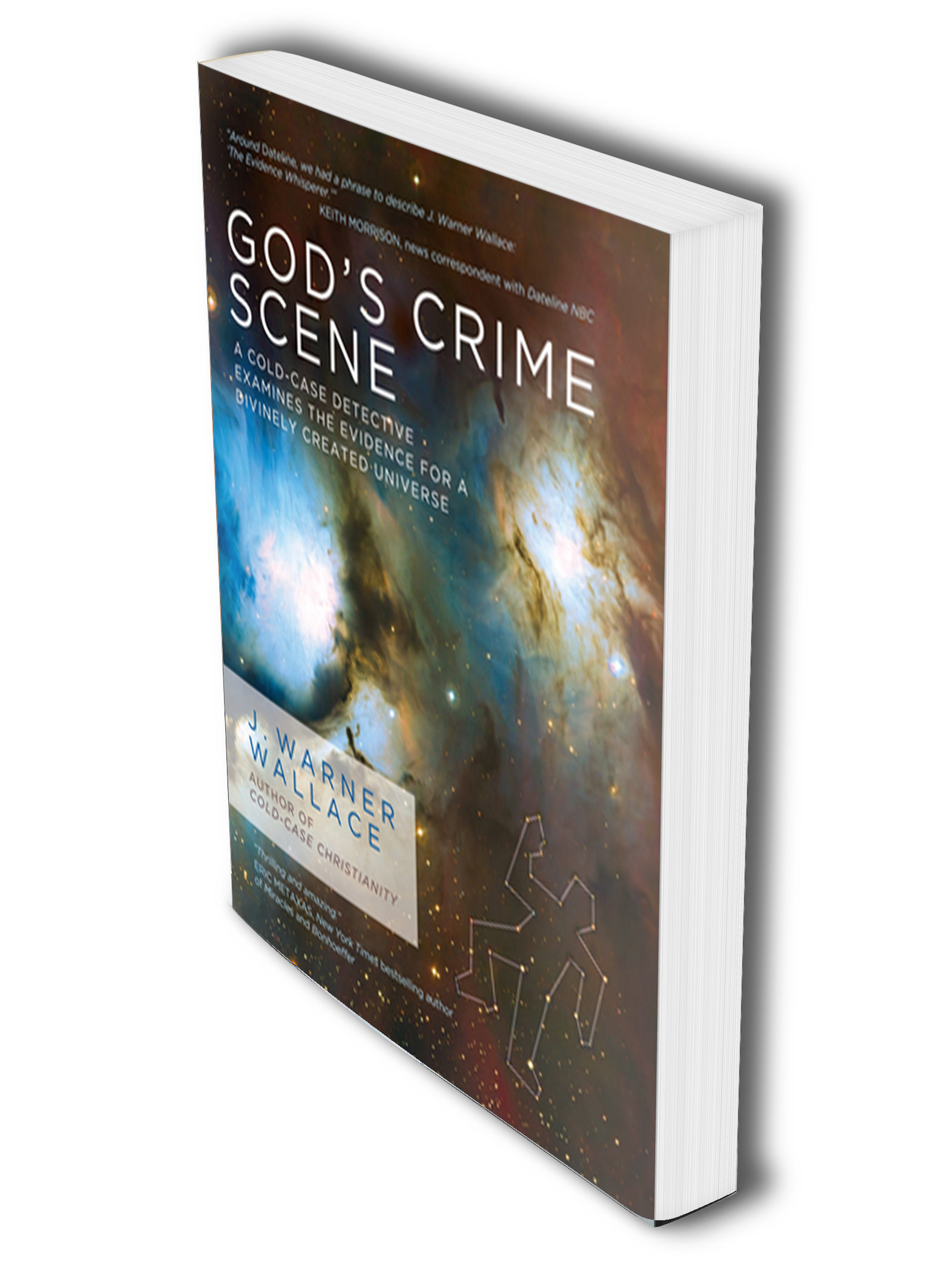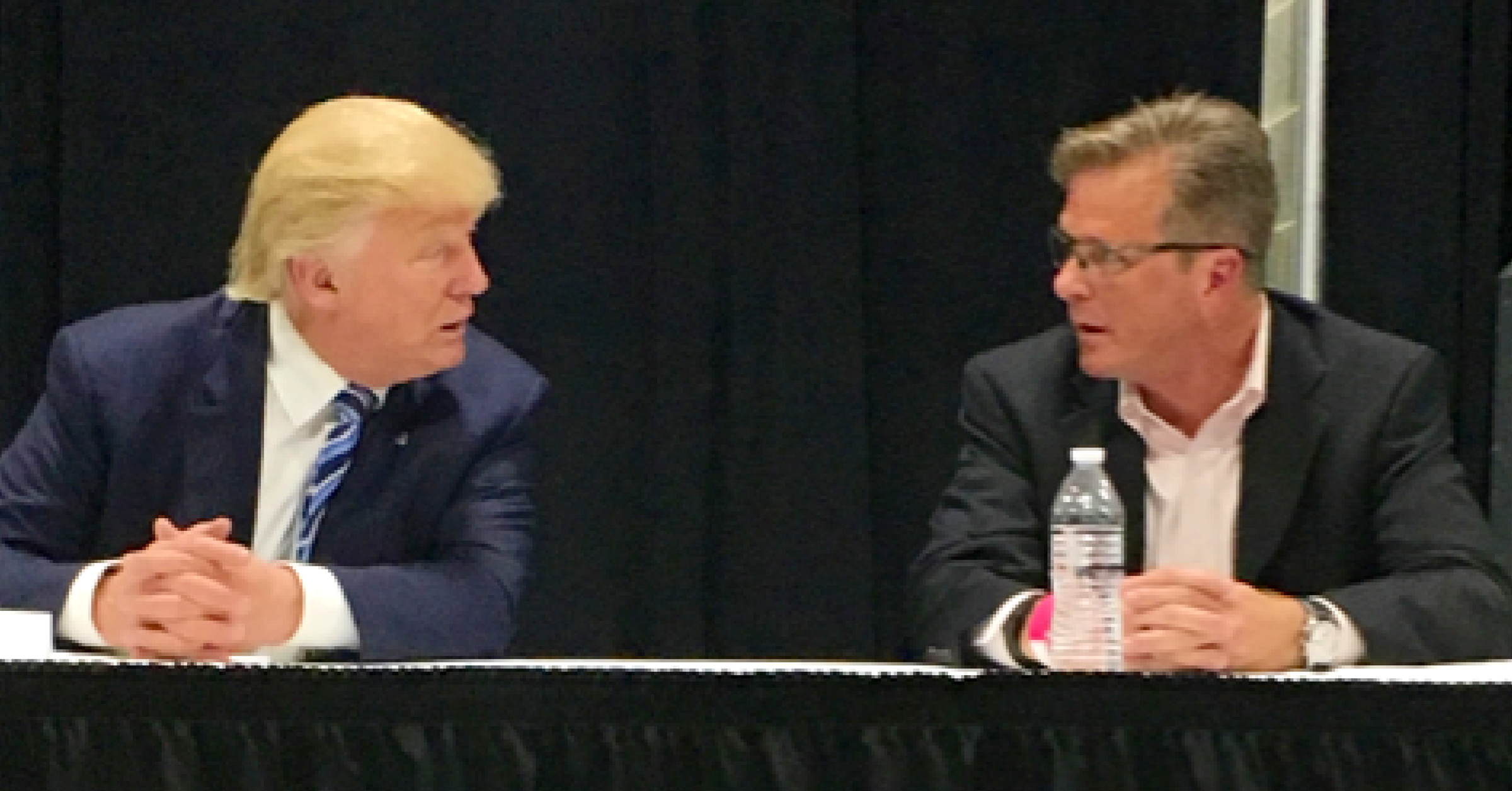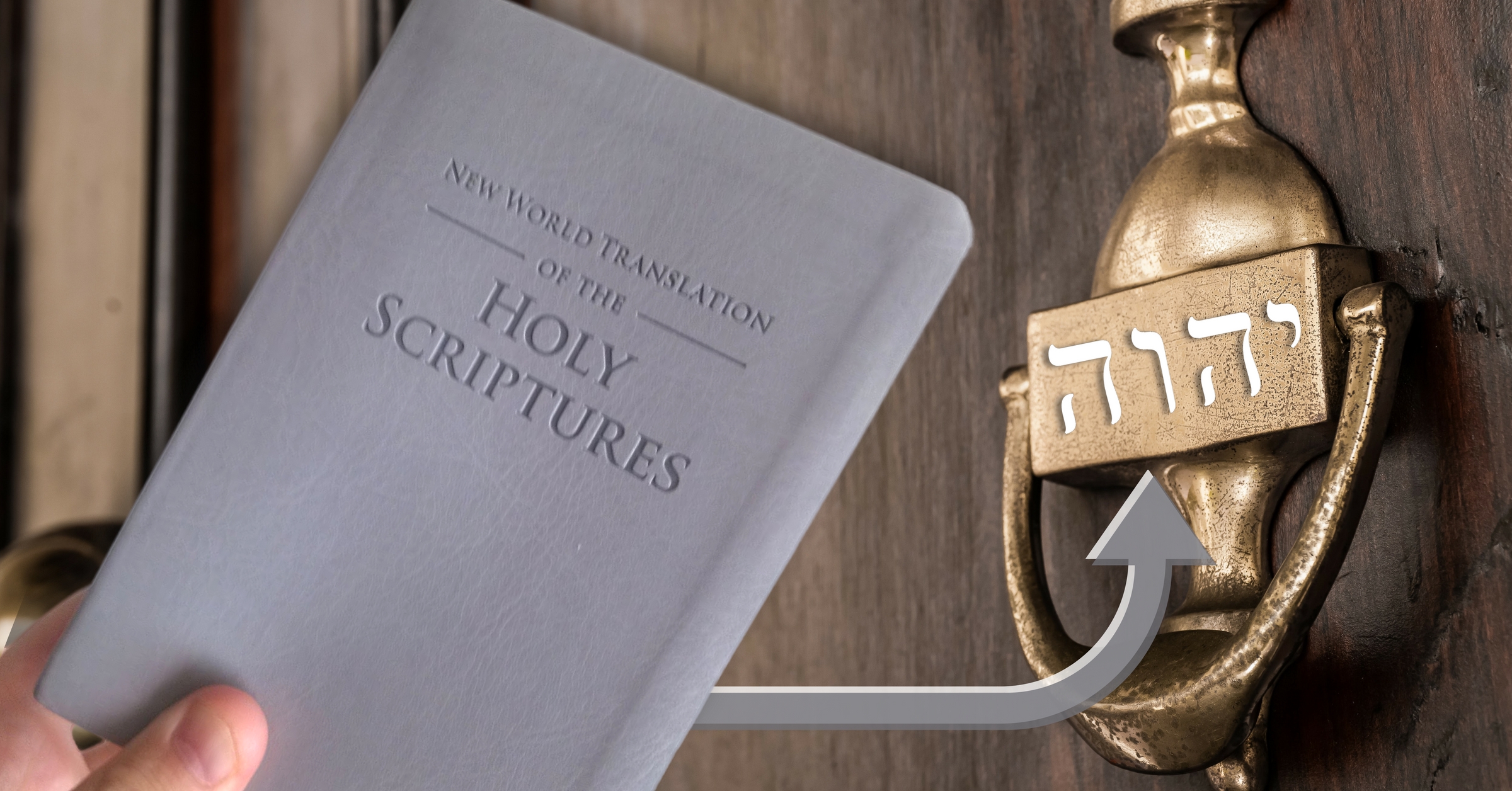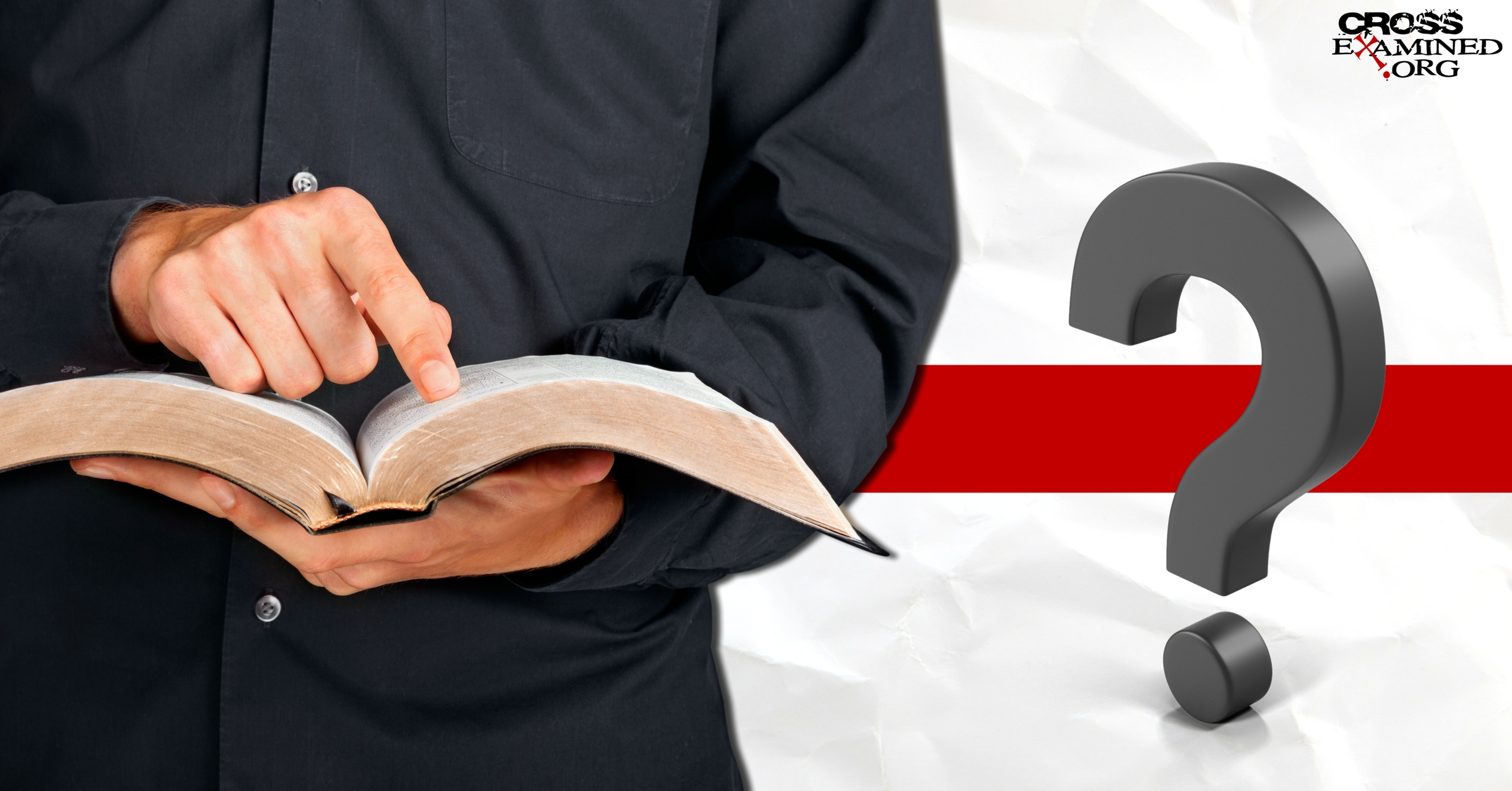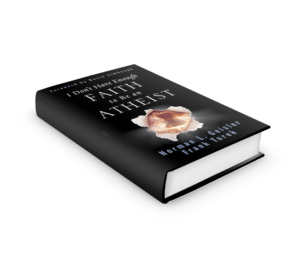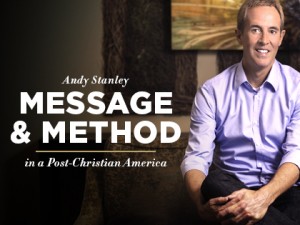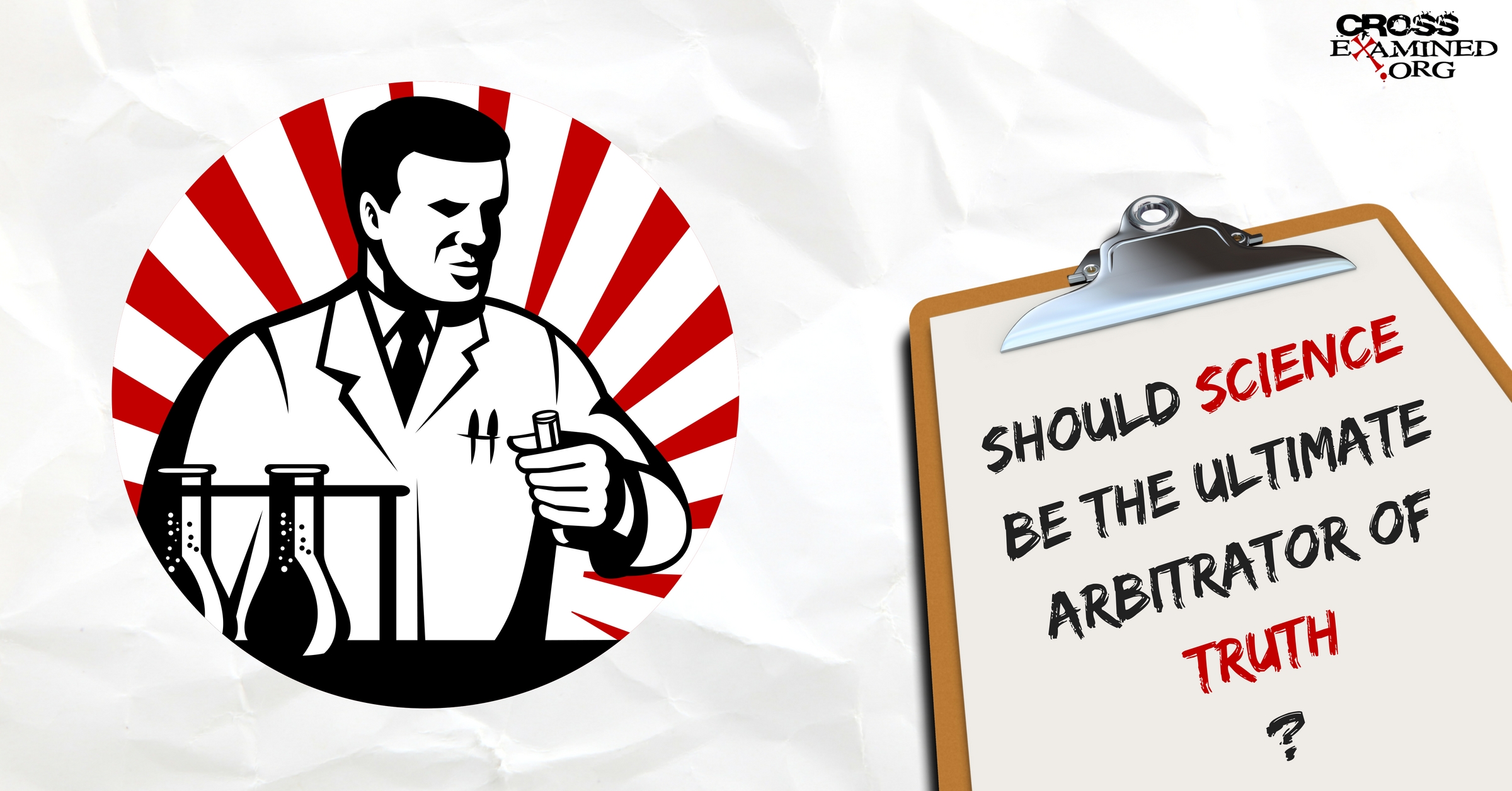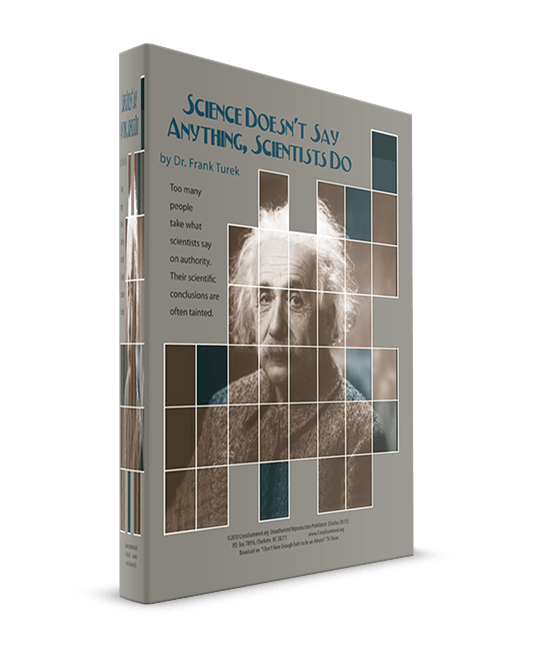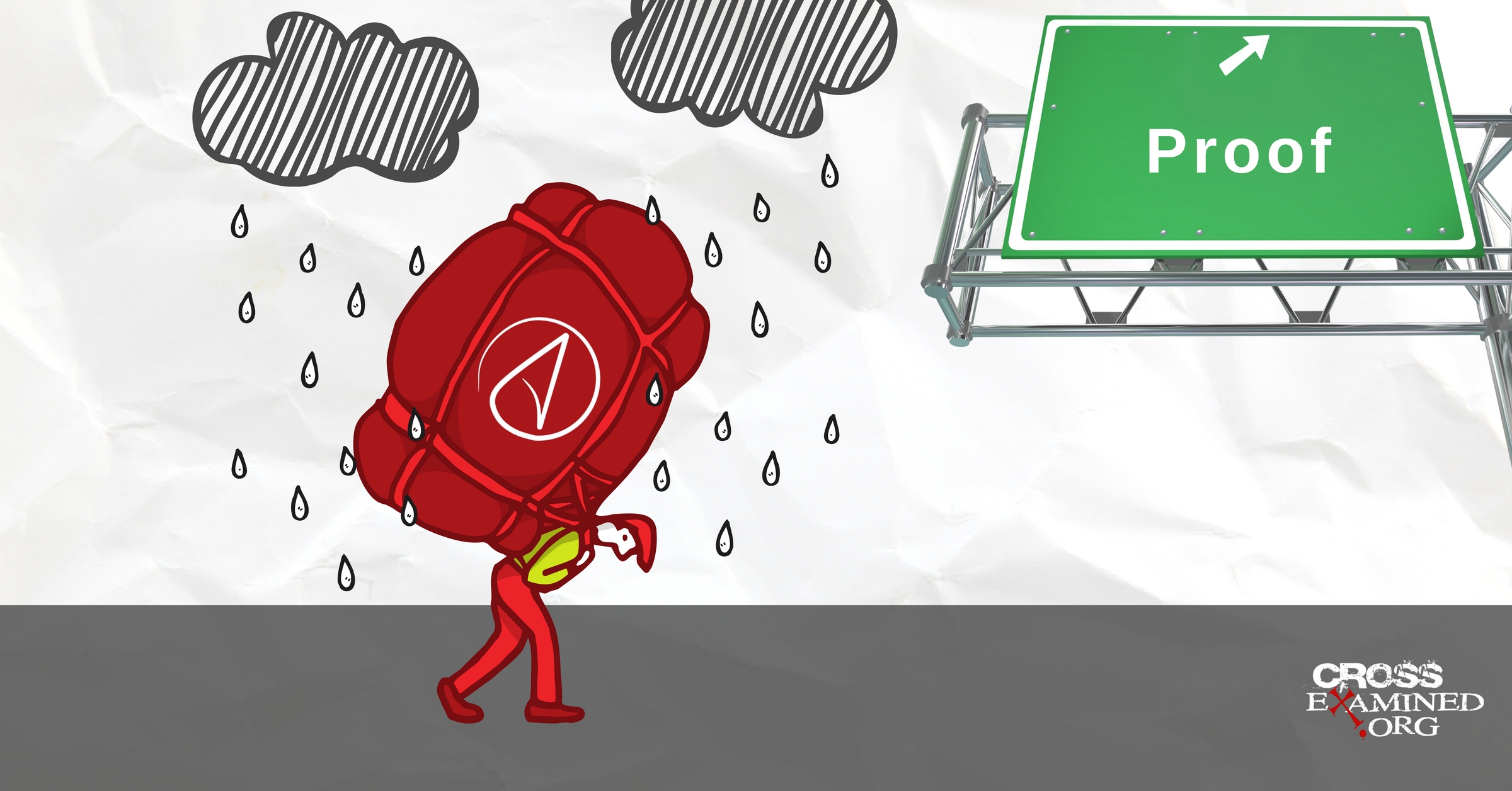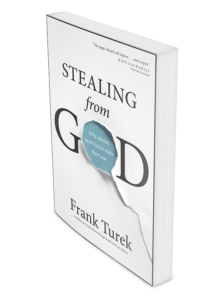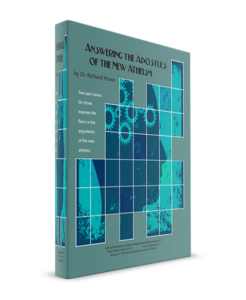The Wisdom Chronicle is designed to bring nuggets of wisdom from the dozens of books I read every year. I endeavor to share the best of what I have gleaned. The determination of relevance lies with you. Blessings, J. Whiddon
- PLEASE FAIL “Failure comes to us all. The willingness to fail, and then to move on with no loss of enthusiasm, is a mark of character. The opposite of fragility, is the willingness to fail. When kids are secure in the unconditional acceptance of their parents, they can find the courage to venture and to fail. When kids value the good regard of their peers or their own self-concept above the good regard of their parents, they lose the willingness to fail. They become fragile.” Excerpt From: Sax, Leonard. “The Collapse of Parenting.”
- BOTTOM LINE “Running track gives you a fierce respect for numbers, because you are what your numbers say you are, nothing more, nothing less. If I posted a bad time in a race, there might have been reasons—injury, fatigue, broken heart—but no one cared. My numbers, in the end, were all that anyone would remember.”
Excerpt From: Knight, Phil. “Shoe Dog.”
- SUFFERING IMMUNITY? “Why shouldn’t good people suffer?” I responded by paraphrasing a question I first heard asked by Harold Kushner: “Should a pious person be able to go out on a freezing night without a jacket and not get sick?”
I had never realized how widespread deal making with God is. I have come to realize that many religious people, of all faiths, believe that they should be able to avoid the calamities that afflict the less pious. They believe, in effect, that they can make a deal with God—”I’ll do what You want so that You do what I want.”
If this is true, it helps to explain why the problem of unjust suffering can be so devastating to people’s faith. The problem is not merely that of reconciling the terrible injustices of this world with a just Creator—a problem that I and many others have. For countless religious people, this issue is compounded by their belief that God has reneged on a deal with them.
While I don’t expect religious people to be immune to childish images of God, the fact that many religious people seem to be religious in part, or even entirely, because of having made a deal with God—”I’ll be religious, You keep me safe”—is surprising.”
Excerpt From: Prager, Dennis. “Think a Second Time.”
- THE NEW PRIVATE “In a transparent, overpopulated world where we spill our inner lives online, more than ever the concept of “privacy” and “exclusivity” has become the greatest luxury of all.
Why do most of us when we’re on our cell phones walk around in a circle as we’re speaking, as if somehow to create a moat, or wall, of privacy?”
Excerpt From: Lindstrom, Martin. “Small Data.”
- DEGREE BUBBLE “This is how bubbles work: We all think tulips are valuable until we don’t. Buying stock in the South Sea Company or the dot-coms is a sure thing—until it isn’t anymore. We think housing prices will continue rising forever until we realize that they won’t. Bubbles burst when buyers realize that the value of the asset is not worth the inflated price.
The education bubble bursts when puffery is confronted by reality. Increasingly, the economic model of higher education no longer works for many students, who realize belatedly that they have placed themselves in a financial stranglehold for unmarketable degrees. Charles Murray notes that the bachelor’s degree still confers a wage premium on its average recipient. But, he says, “there is no good reason that it should.” In other words, we have decided that the degrees are valuable when there is no objective reason to do so, and there will come a moment when the market catches up.
Student loans are harder to get out of than mortgages, because they cannot be discharged in bankruptcy.” Excerpt From: Charles J. Sykes. “Fail U.”
- DON’T WIDEN THE PLATE!”
In Nashville, Tennessee, during the first week of January, 1996, more than 4,000 baseball coaches descended upon the Opryland Hotel for the 52nd annual ABCA convention.
While I waited in line to register with the hotel staff, I heard other more veteran coaches rumbling about the lineup of speakers scheduled to present during the weekend. One name, in particular, kept resurfacing, always with the same sentiment — “John Scolinos is here? Oh man, worth every penny of my airfare.”
Who, is John Scolinos, I wondered. No matter, I was just happy to be there.
In 1996, Coach Scolinos was 78 years old and five years retired from a college coaching career that began in 1948. He shuffled to the stage to an impressive standing ovation, wearing dark polyester pants, a light blue shirt, and a string around his neck from which home plate hung — a full-sized, stark-white home plate.
Seriously, I wondered, who in the world is this guy?
After speaking for twenty five minutes, not once mentioning the prop hanging around his neck, Coach Scolinos appeared to notice the snickering among some of the coaches. Even those who knew Coach Scolinos had to wonder exactly where he was going with this, or if he had simply forgotten about home plate since he’d gotten on stage. Then, finally …
“You’re probably all wondering why I’m wearing home plate around my neck. Or maybe you think I escaped from Camarillo State Hospital,” he said, his voice growing irascible. I laughed along with the others, acknowledging the possibility. “No,” he continued, “I may be old, but I’m not crazy. The reason I stand before you today is to share with you baseball people what I’ve learned in my life, what I’ve learned about home plate in my 78 years.”
Several hands went up when Scolinos asked how many Little League coaches were in the room. “Do you know how wide home plate is in Little League?”
After a pause, someone offered, “Seventeen inches?” more of a question than answer.
“That’s right,” he said. “How about in Babe Ruth’s day? Any Babe Ruth coaches in the house?”
Another long pause.
“Seventeen inches?” came a guess from another reluctant coach.
“That’s right,” said Scolinos. “Now, how many high school coaches do we have in the room?” Hundreds of hands shot up, as the pattern began to appear.
“How wide is home plate in high school baseball?
“Seventeen inches,” they said, sounding more confident.
“You’re right!” Scolinos barked. “And you college coaches, how wide is home plate in college?”
“Seventeen inches!” we said, in unison.
“Any Minor League coaches here? How wide is home plate in pro ball?”
“Seventeen inches!”
“RIGHT! And in the Major Leagues, how wide is home plate in the Major Leagues?”
“Seventeen inches!”
“SEV-EN-TEEN INCHES!” he confirmed, his voice bellowing off the walls. “And what do they do with a Big League pitcher who can’t throw the ball over seventeen inches?” Pause. “They send him to Pocatello!” he hollered, drawing raucous laughter.
“What they don’t do is this: they don’t say, ‘Ah, that’s okay, Jimmy. You can’t hit a seventeen-inch target? We’ll make it eighteen inches, or nineteen inches. We’ll make it twenty inches so you have a better chance of hitting it. If you can’t hit that, let us know so we can make it wider still, say twenty-five inches.’”
Pause.
“Coaches …”
Pause.
” … what do we do when our best player shows up late to practice? When our team rules forbid facial hair and a guy shows up unshaven? What if he gets caught drinking? Do we hold him accountable? Or do we change the rules to fit him. Do we widen home plate?
The chuckles gradually faded as four thousand coaches grew quiet, the fog lifting as the old coach’s message began to unfold. He turned the plate toward himself and, using a Sharpie, began to draw something. When he turned it toward the crowd, point up, a house was revealed, complete with a freshly drawn door and two windows. “This is the problem in our homes today. With our marriages, with the way we parent our kids. With our discipline. We don’t teach accountability to our kids, and there is no consequence for failing to meet standards. We simply, widen the plate!”
Pause.
Then, to the point at the top of the house he added a small American flag.
“This is the problem in our schools today. The quality of our education is going downhill fast and teachers have been stripped of the tools they need to be successful, and to educate and discipline our young people. We are allowing others to widen home plate! Where is that getting us?”
Silence.
He replaced the flag with a Cross.
“And this is the problem in the Church, where powerful people in positions of authority have taken advantage of young children, only to have such an atrocity swept under the rug for years. Our church leaders are widening home plate for themselves! And we allow it.”
“And the same is true with our government. Our so called representatives make rules for us that don’t apply to themselves. They take bribes from lobbyists and foreign countries. They no longer serve us. And we allow them to widen home plate and we see our country falling into a dark abyss while we watch.”
I was amazed. At a baseball convention where I expected to learn something about curveballs and bunting and how to run better practices, I had learned something far more valuable. From an old man with home plate strung around his neck, I had learned something about life, about myself, about my own weaknesses and about my responsibilities as a leader. I had to hold myself and others accountable to that, which I knew to be right, lest our families, our faith, and our society continue down an undesirable path.
“If I am lucky,” Coach Scolinos concluded, “you will remember one thing from this old coach today. It is this: if we fail to hold ourselves to a higher standard, a standard of what we know to be right; if we fail to hold our spouses and our children to the same standards, if we are unwilling or unable to provide a consequence when they do not meet the standard; and if our schools and churches and our government fail to hold themselves accountable to those they serve, there is but one thing to look forward to …”
With that, he held home plate in front of his chest, turned it around, and revealed its dark black backside. “… dark days ahead.”
Coach Scolinos died in 2009 at the age of 91, but not before touching the lives of hundreds of players and coaches, including mine. Meeting him at my first ABCA convention kept me returning year after year, looking for similar wisdom and inspiration from other coaches. He is the best clinic speaker the ABCA has ever known because he was so much more than a baseball coach.
His message was clear: “Coaches, keep your players—no matter how good they are—your own children, your churches, your government, and most of all, keep yourself at seventeen inches.”
- GOD AND POLITICS “A wise man’s heart inclines him to the right,
but a fool’s heart to the left.” (Eccl. 10:2, ESV)
- SAFETY ISSUE On an employee bulletin board: “In case of fire, flee the building with the same reckless abandon that occurs each day at quitting time.”
- ENEMIES “Friends come and go, but enemies accumulate.” -Chuck Swindoll
- EPITAPH “I am told that an Indiana cemetery has a tombstone over one hundred years old that bears the following epitaph: “Pause Stranger, when you pass me by. As you are now, so once was I. As I am now, so you will be. So prepare for death and follow me.” An unknown passerby read those words and underneath scratched this reply: “To follow you I’m not content, Until I know which way you went.” -J.M. Kennedy
.
